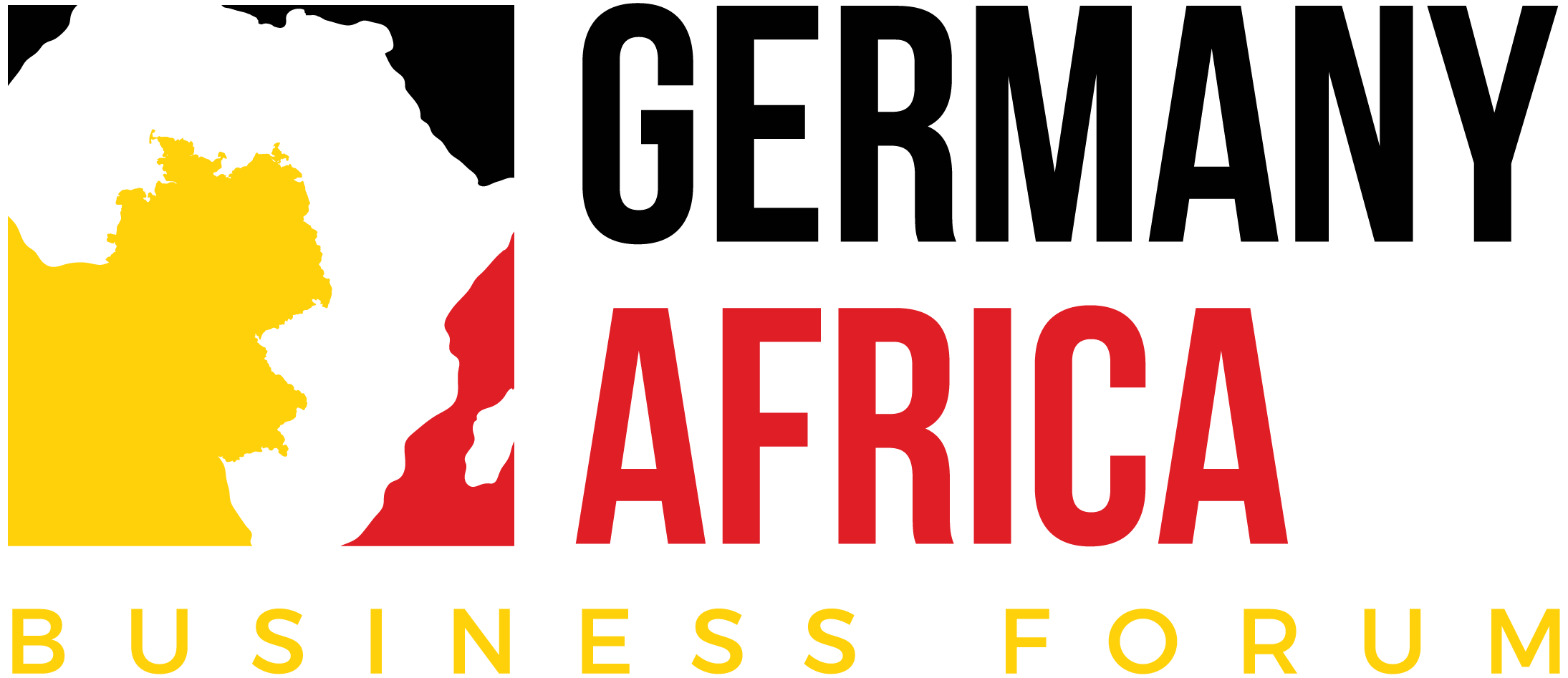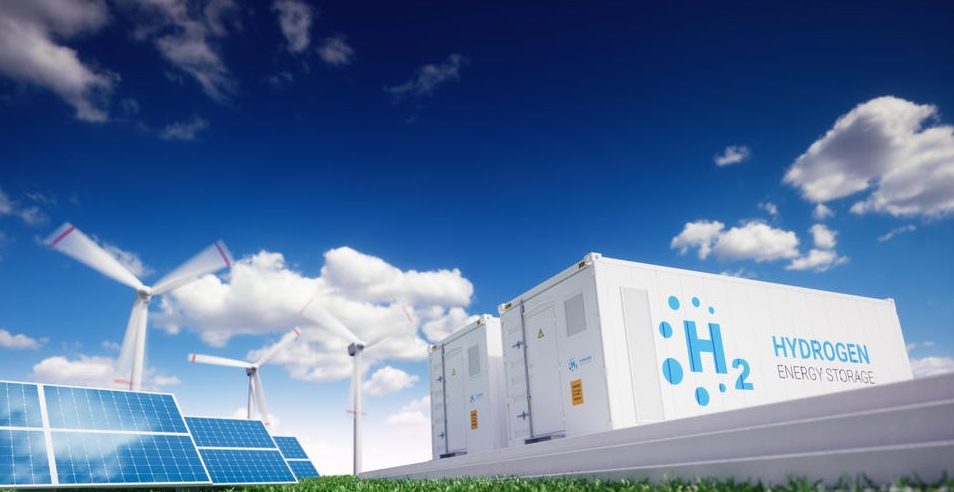Everyone is talking about population growth at the moment. “Demographic change”, “overpopulation”, “megacities” – all these are buzzwords that have increasingly appeared in the international media in recent years. The effects are particularly feared: Food scarcity and lack of space are some of the many issues that are currently being discussed internationally. The global South in particular is struggling with the effects. The growing population is having a major impact on African cities: for the first time since 2006, more people live in cities than in rural areas. The United Nations (UN) diagnoses that by 2025 about 60% of the world’s population will live in cities.
African cities in particular have experienced enormous growth. By comparison, urban population growth is 0.1% in Europe and 4% in Africa. Cities symbolize numerous possibilities, whether social or professional. But the metropolitan regions are not only a place of great potential for the indigenous population, but also for German investors.
Knauf International GmbH
In terms of urban transformation and the resulting expansion of urban areas, construction companies in Africa play an important role in the present time, as well as in the future. A best practice case is the German construction company Knauf. Knauf discovered this lucrative market and the company is consciously investing in emerging markets. What began as a family business in Perl on the Moselle has developed over time into an important entrepreneurial family. With a revenue of up to 7 billion euros, they are one of the big players in the construction industry. But what makes Knauf so special?
Local training and development as the key to success
In addition to its feeling for future markets, the construction company invested in local people. In cooperation with the German Investment and Development Corporation (DEG) and the German Federal Ministry for Economic Cooperation and Development (BMZ), eight training centres were set up in six African countries (Ägypten, Algerien, Ghana, Nigeria, Tansania und Tunesien) in 2018. DEG and BMZ have invested 2.3 million euros under the develoPPP.de programme, Knauf 2.8 million in order to open up the African market sustainably. This resulted in an estimated 12,000 untrained young people, students, building craftsmen, architects and teachers from the local communities trained in just three years, in theory, construction techniques, physics, chemistry and civil engineering, operations, occupational health and safety. Knauf recognised the growth potential of the African economy early on and developed a sustainable solution to the shortage of skilled workers.
The emerging-market
The establishment of the training centres is expected to create up to 2,000 direct and indirect jobs. The graduates thus serve as multipliers and develop the market in the long term as builders, planners and users. The training centres not only broaden the participants’ professional perspectives but also support Knauf in expanding its local customer base and data in order to successfully open up new markets.
Managing Director Alexander Knauf said: “The establishment of the training centres underlines Knauf’s long-term and sustainable commitment in these countries as well as its investments in production plants. For Knauf, Africa is a region of strategic interest for the coming years.” Many German investors should take this approach to heart. It is only through the integration of local workers, investments in education and the establishment of local network partners that one can successfully gain a foothold in the African market. Economic development and education are therefore the most powerful tools for sustainable poverty reduction.

